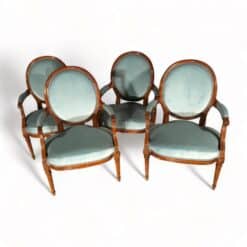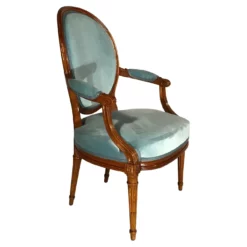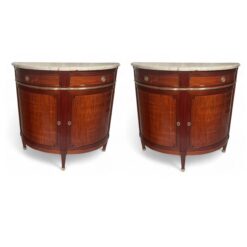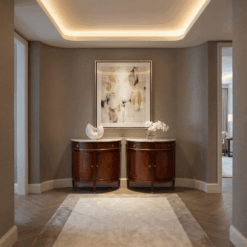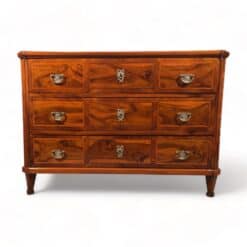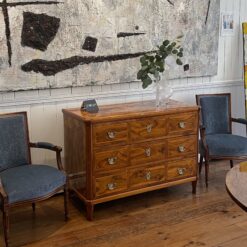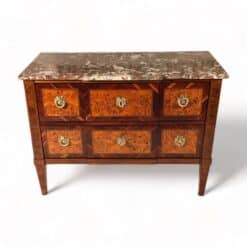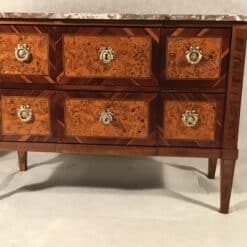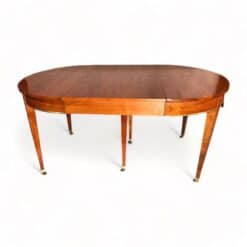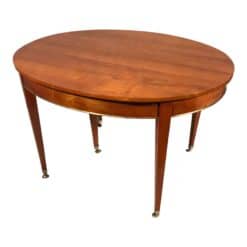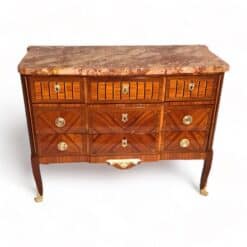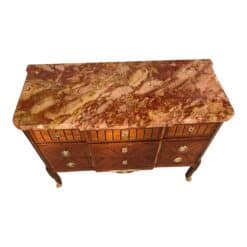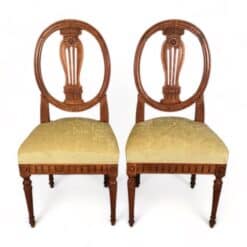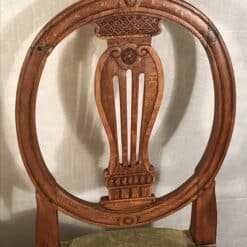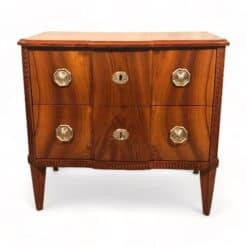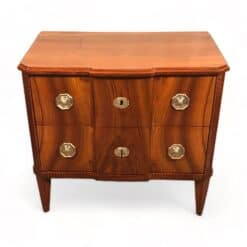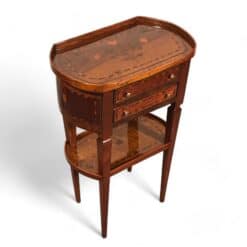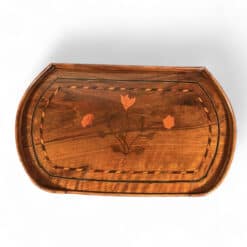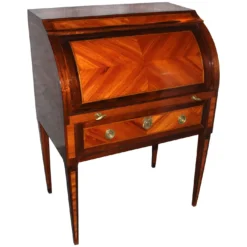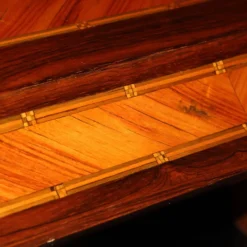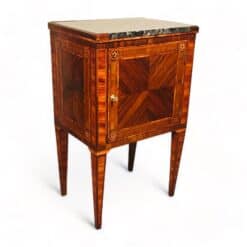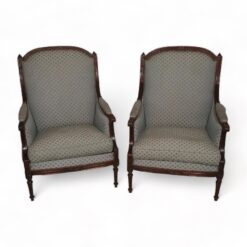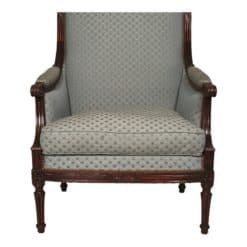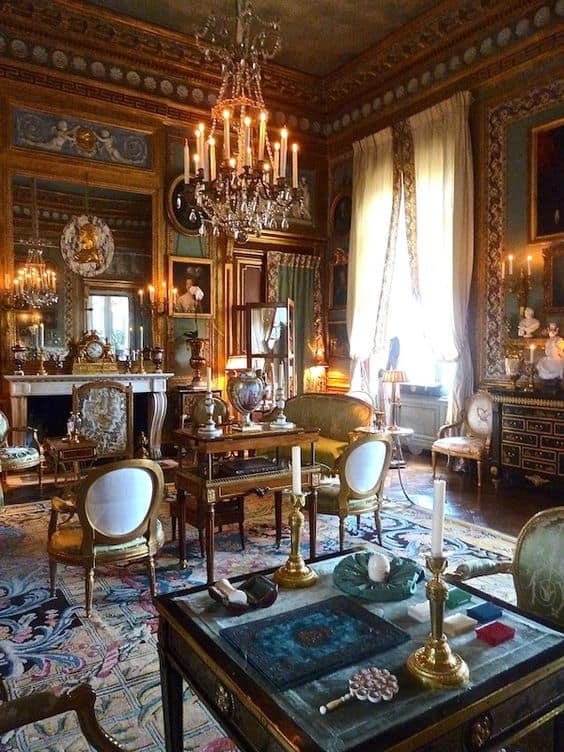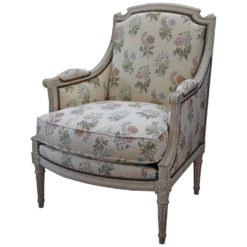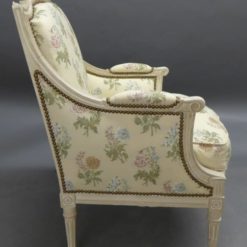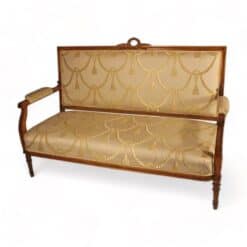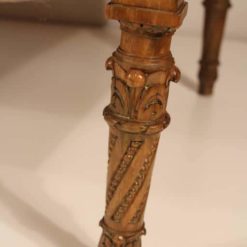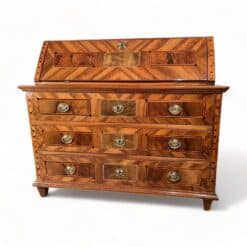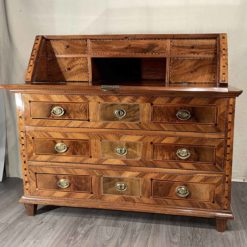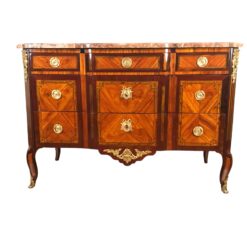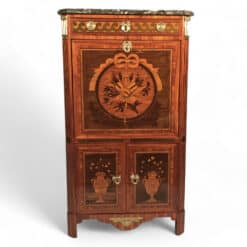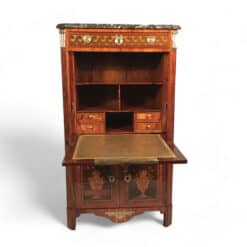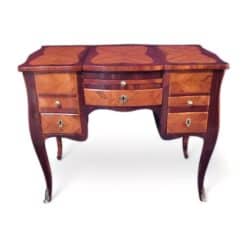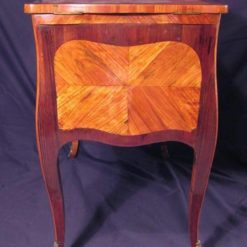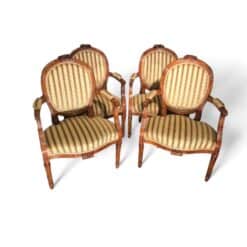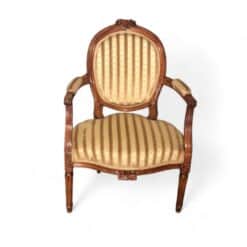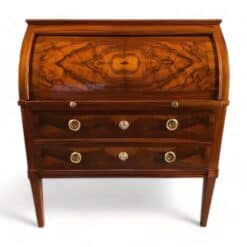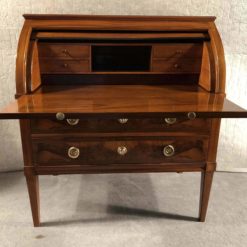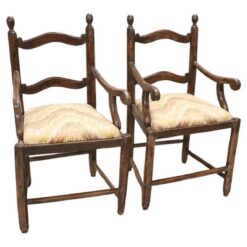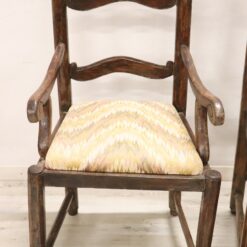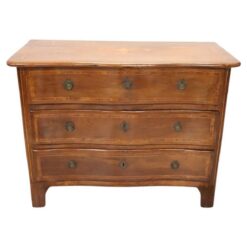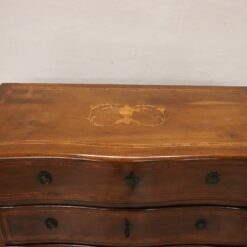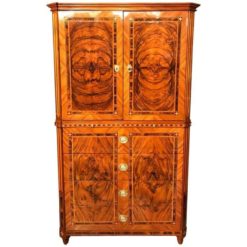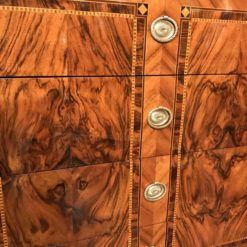Best Sellers
Style, Styylish History
A Tale of Timeless Elegance: French Antique Furniture Styles
A Tale of Timeless Elegance: French Antique Furniture Styles and Historical Influences
French antique furniture stands as a testament to centuries of craftsmanship, artistry, and cultural evolution. From the medieval period to the 19th century, each era left a distinct imprint on furniture styles, reflecting the social, political, and artistic climate of the time. In this exploration, we will journey through the ages, examining iconic pieces such as tables, chairs, cabinets, coffee tables, and couches, while considering the historical context that shaped their development.
Medieval French Antique Marvels: 5th – 15th Century
The medieval period in France, spanning from the 5th to the 15th century, was marked by feudalism and the influence of the Catholic Church. French antique furniture during this time was primarily utilitarian, crafted for durability rather than ornate aesthetics. Heavy oak was a common choice, and tables were often trestle-style with sturdy supports. Chairs were a luxury, reserved for the elite, and featured simple designs with intricate carvings influenced by nature and religious motifs.
French Renaissance & Its Opulent Pieces: 14th – 17th Century
The Renaissance, beginning in the 14th century, marked a revival of interest in classical art, literature, and philosophy. This intellectual and cultural awakening had a profound impact on French furniture styles. Elaborate cabinets, such as the “cabinet à deux corps,” became popular, adorned with intricate inlay work and marquetry. Tables with turned legs and stretchers gained prominence, and the introduction of armchairs and upholstered chairs reflected a newfound focus on comfort and luxury.
Historically, the Renaissance coincided with the Age of Exploration, leading to increased trade and cultural exchange. The influx of new, rich materials and ideas influenced furniture design, with craftsmen incorporating motifs inspired by distant lands.
This French armchair is on display at the Metropolitan Museum of Art from the 16th Century.
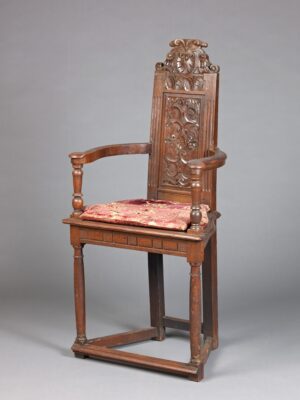
This two-tiered cabinet, on display at the Getty Museum features three doors. It showcases a carved Apollo and an elaborate, stylized display of human figures and masks, curling foliage and flowers, and scrollwork surrounds Apollo. Boldly carved griffins peek out from each end of the lower section. The very top of the cabinet originally included a painted panel depicting Saint Jerome.
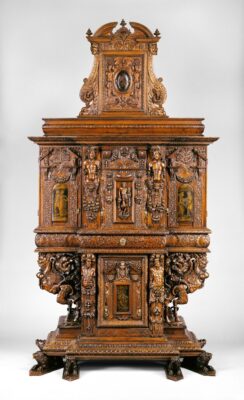
Baroque Extravagance: 17th Century
The 17th-century Baroque period brought a shift towards grandeur, drama, and opulence in the history of French antique furniture. This era was marked by the absolutist rule of Louis XIV, known for his lavish court at the Palace of Versailles. Baroque furniture featured bold curves, gilded accents, and intricate details. Cabinets and armoires became ornate focal points, displaying the craftsmanship of the time. The cabriole leg, characterized by its sinuous curves, became a signature feature in both tables and chairs.
The French antique commode originates from Paris. Its top is liftable to reveal the top of a secretaire and six small drawers. The writing surface folds out and to show a red leather surface. It also showcases exquisite rosewood, satinwood and king wood flower marquetry on front, sides and top.
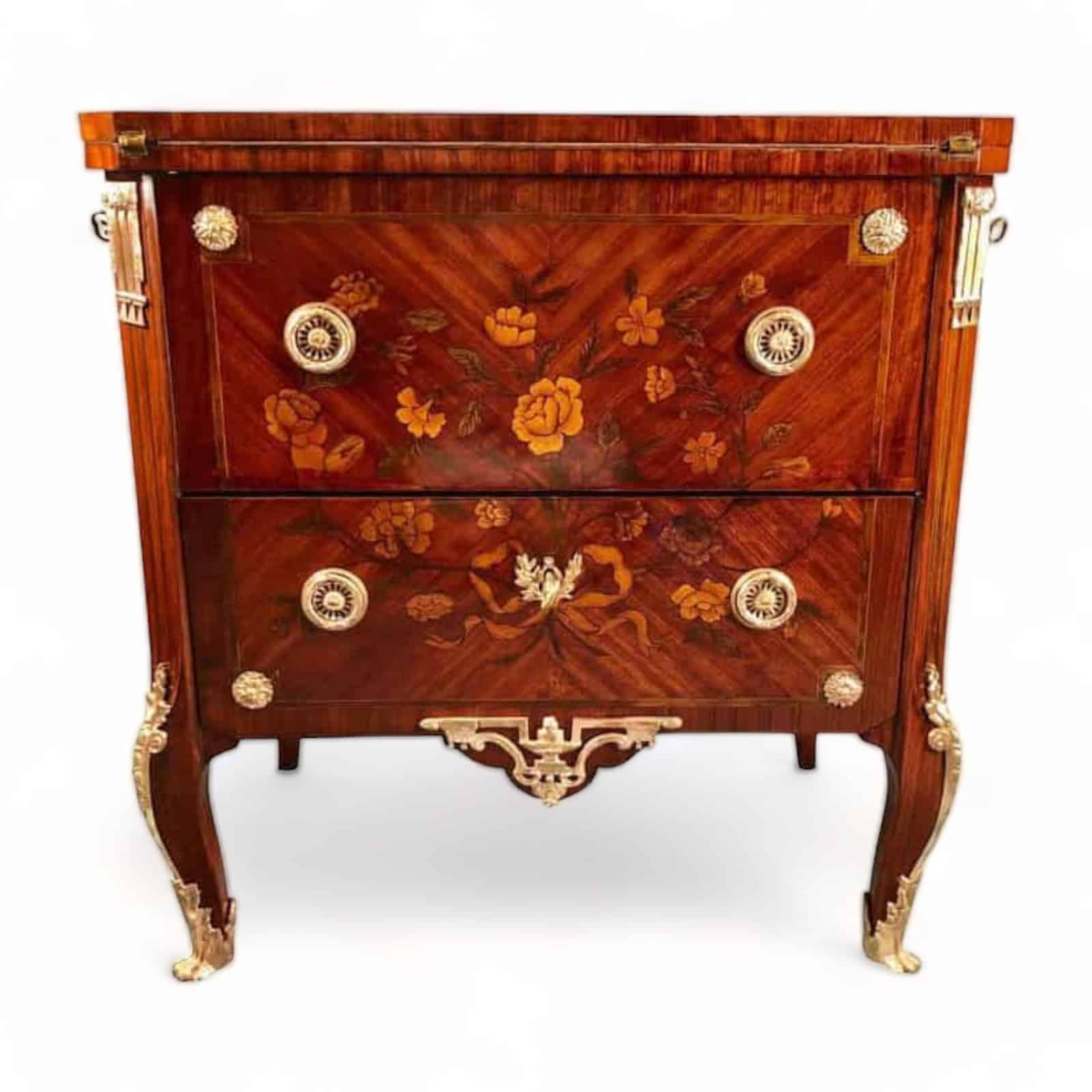
This unique antique armoire from the Baroque period dates back to 1750-60 and comes from eastern provincial France. It is made of massive oak and has beautiful hand carved decorations. The impressive wardrobe with a curved cornice on the top has two doors, and additionally two drawers in the base. The wrought iron fittings and the lock are original.
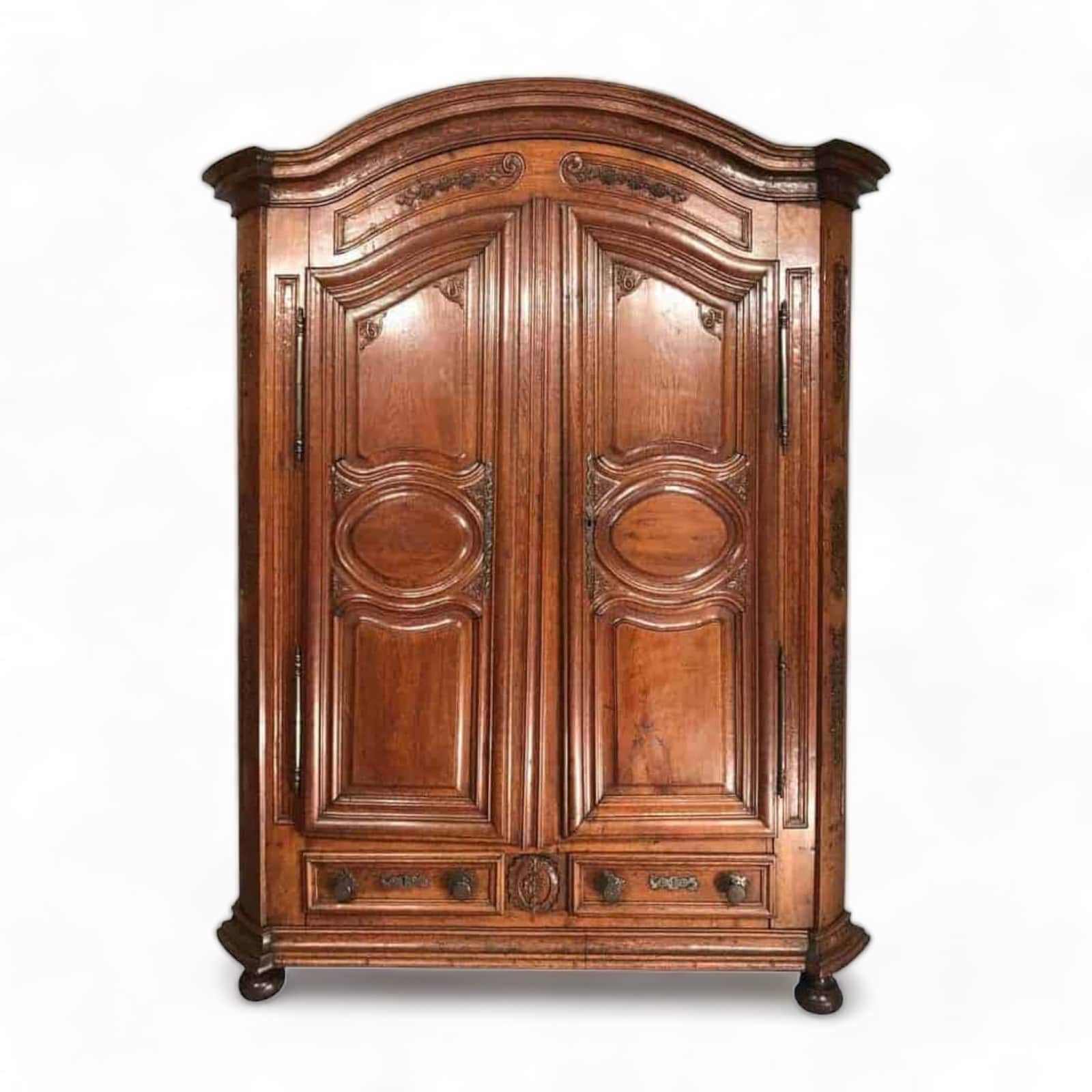
During this period, France was engaged in conflicts such as the Thirty Years’ War, influencing the demand for grand and imposing furniture that reflected the power and prestige of the monarchy.
Rococo Whimsy: 18th Century
The Rococo style, emerging in the early 18th century, brought a sense of whimsy, asymmetry, and delicate ornamentation to French furniture design. This period coincided with the reign of Louis XV, characterized by a more relaxed and indulgent atmosphere at court. Rococo tables featured intricate marquetry, delicate legs, and curved forms. Chairs showcased sinuous frames and floral carvings, while the commode, a popular storage piece, displayed serpentine lines and elaborate embellishments.
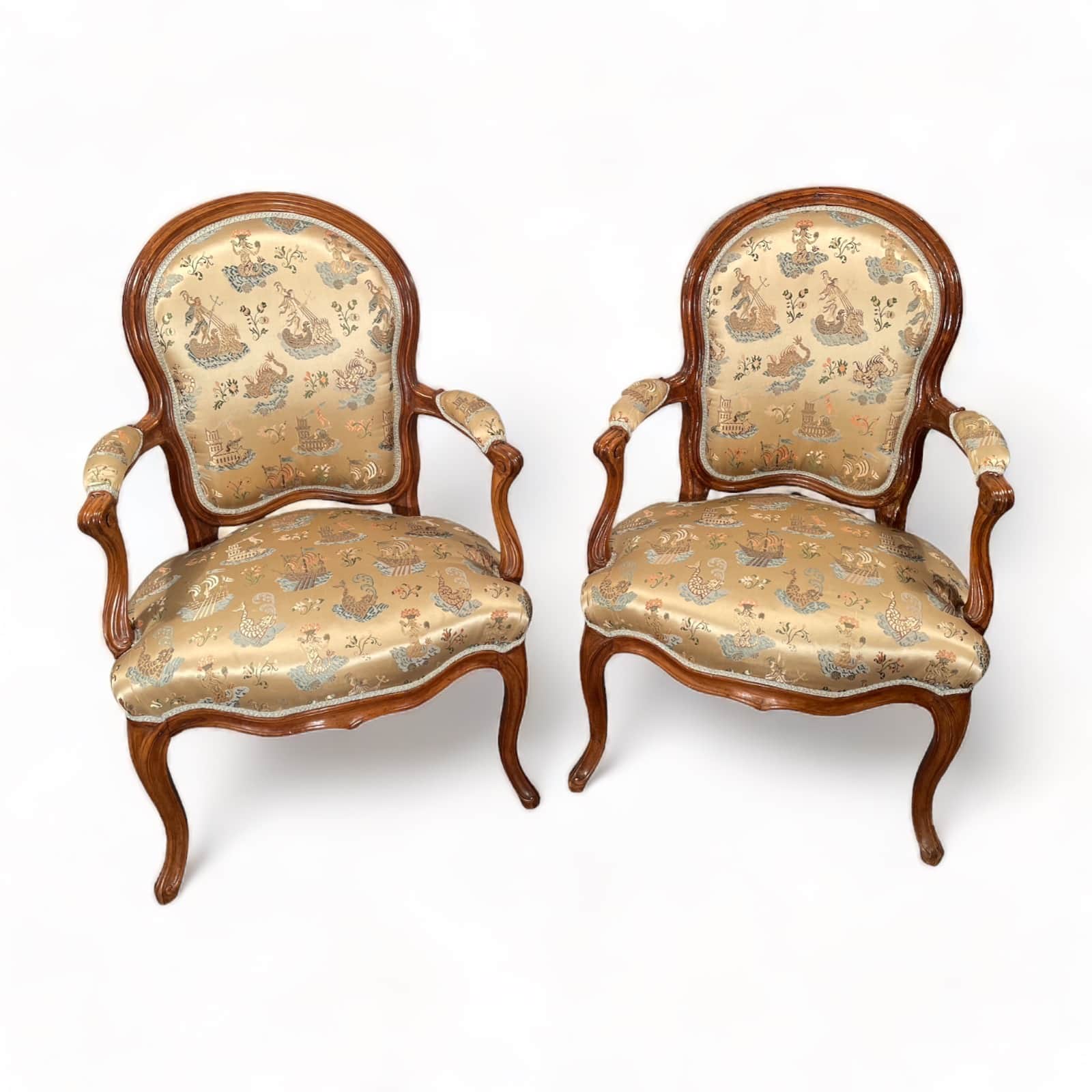
This gorgeous pair of Rococo armchairs dates back to around 1760 and originates from France. The wooden frame of the birchwood chairs has exquisitely hand carved details. The possibilities to use this Louis XV armchairs in your home are endlessly versatile.
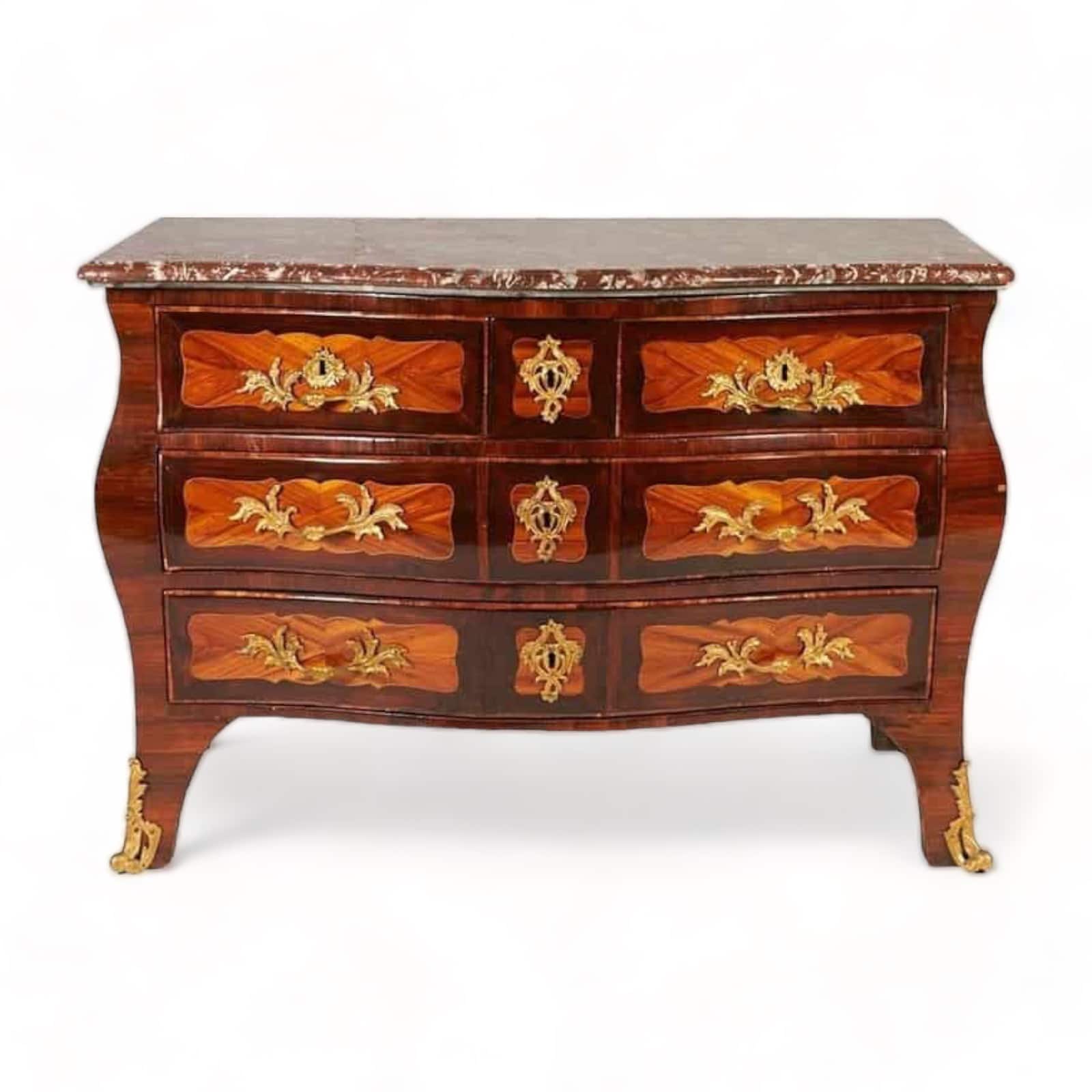
The kingwood commode has tapering legs with scrolled caps and it has a bombé front with three drawers. Furthermore, it stands out for its brilliantly grained rosewood and kingwood veneer with gold-plated bronze fitting beautifully formed backplate handles and escutcheons.
The 18th century also witnessed the Enlightenment, a cultural movement emphasizing reason and individualism. While Rococo furniture maintained its ornate aesthetics, there was a shift towards lighter and more graceful forms, reflecting the changing intellectual landscape.
Neoclassical Simplicity: Late 18th Century
The late 18th-century Neoclassical era, influenced by the Enlightenment ideals and the rediscovery of ancient Greek and Roman art, embraced simplicity, symmetry, and classical motifs. The French antique furniture of this era used Mahogany and fruitwoods and furniture designs became more geometric. Tables and cabinets featured classical elements such as columns and urns. The iconic Directoire chair, with its simple yet elegant lines, epitomized the Neoclassical style.
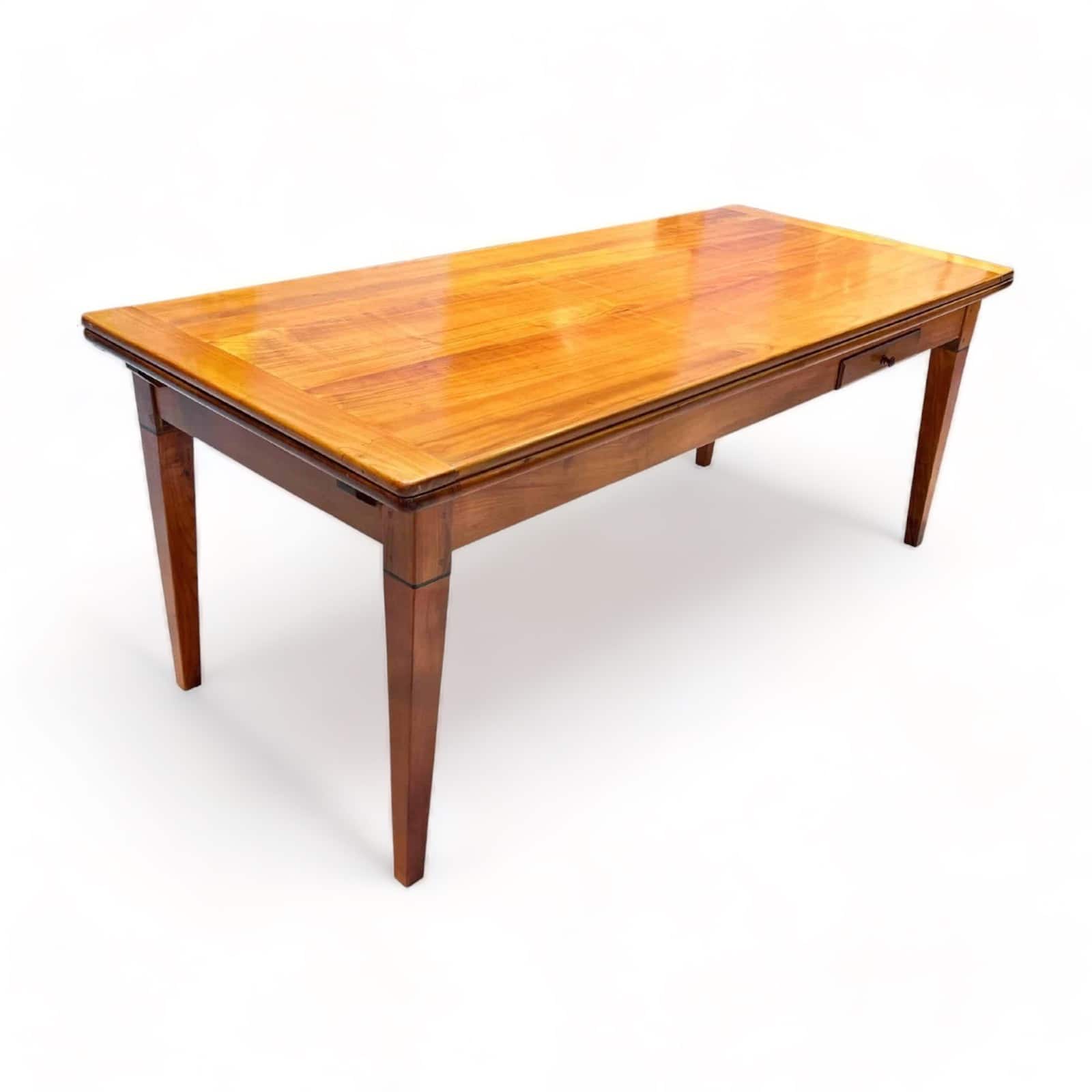
This large, straight-lined neoclassical Restoration extending dining room table in solid cherry wood and chestnut and hails from from Bretagne, France about 1820. It is also available today on Styylish.
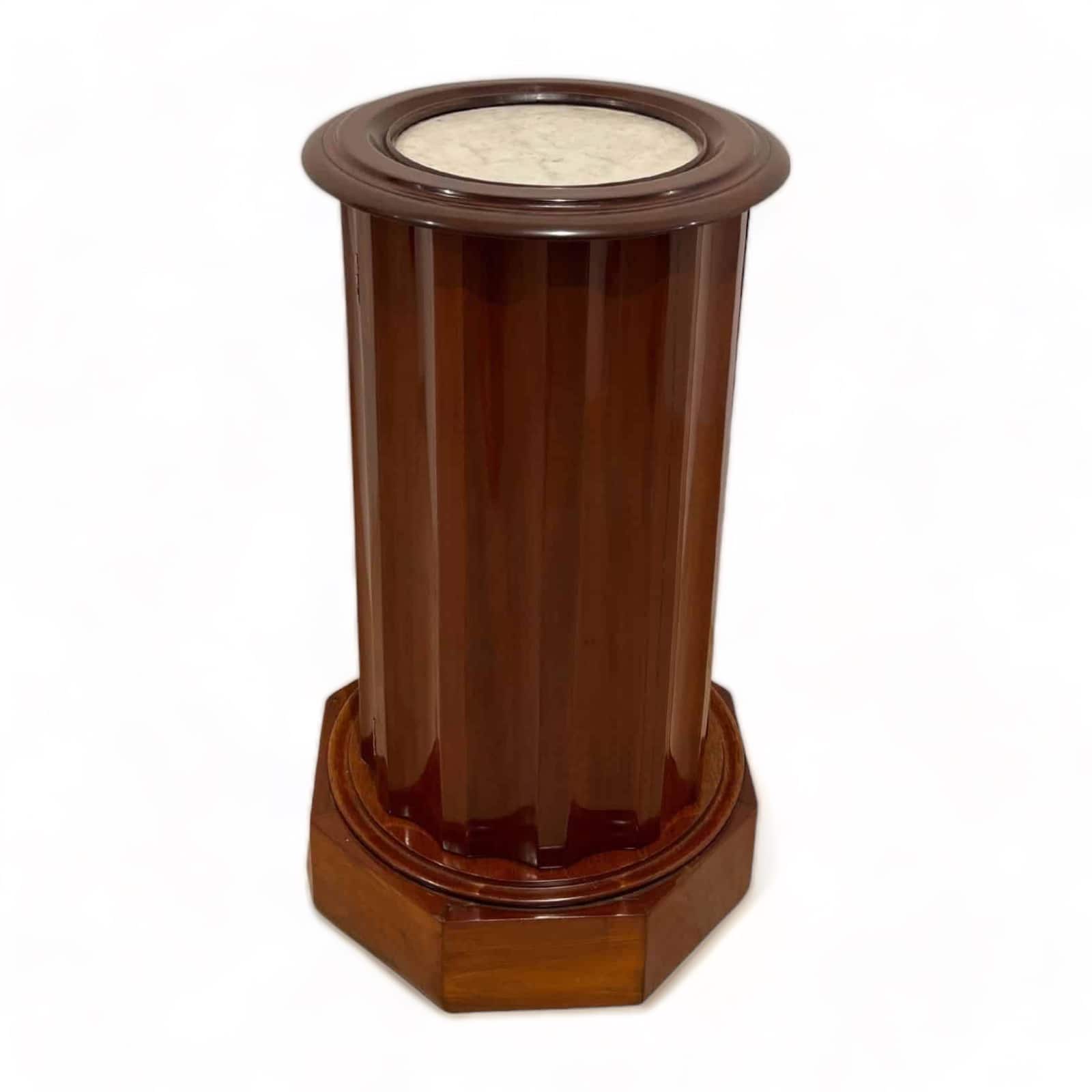
This is an incredibly rare Neoclassical Biedermeier drum cabinet from France that dates back to the 1830s. Featuring a unique cannelure shape, this piece is sure to spark conversation with its white marble inlay. The cabinet showcases solid mahogany that is hand polished with shellac.
Historically, this period coincided with the French Revolution, a time of profound social and political upheaval. The demand for simplicity and equality in society was mirrored in furniture design, with a departure from the extravagance of previous eras.
Empire Grandeur: Early 19th Century
The early 19th-century Empire style, popularized by Napoleon Bonaparte, drew inspiration from ancient Roman and Egyptian designs. Furniture during this period featured bold columns, military motifs, and a sense of imperial grandeur. Massive dining tables and imposing bookcases reflected a desire for monumental pieces. Dark woods such as mahogany and ebony added to the commanding presence of Empire furniture.
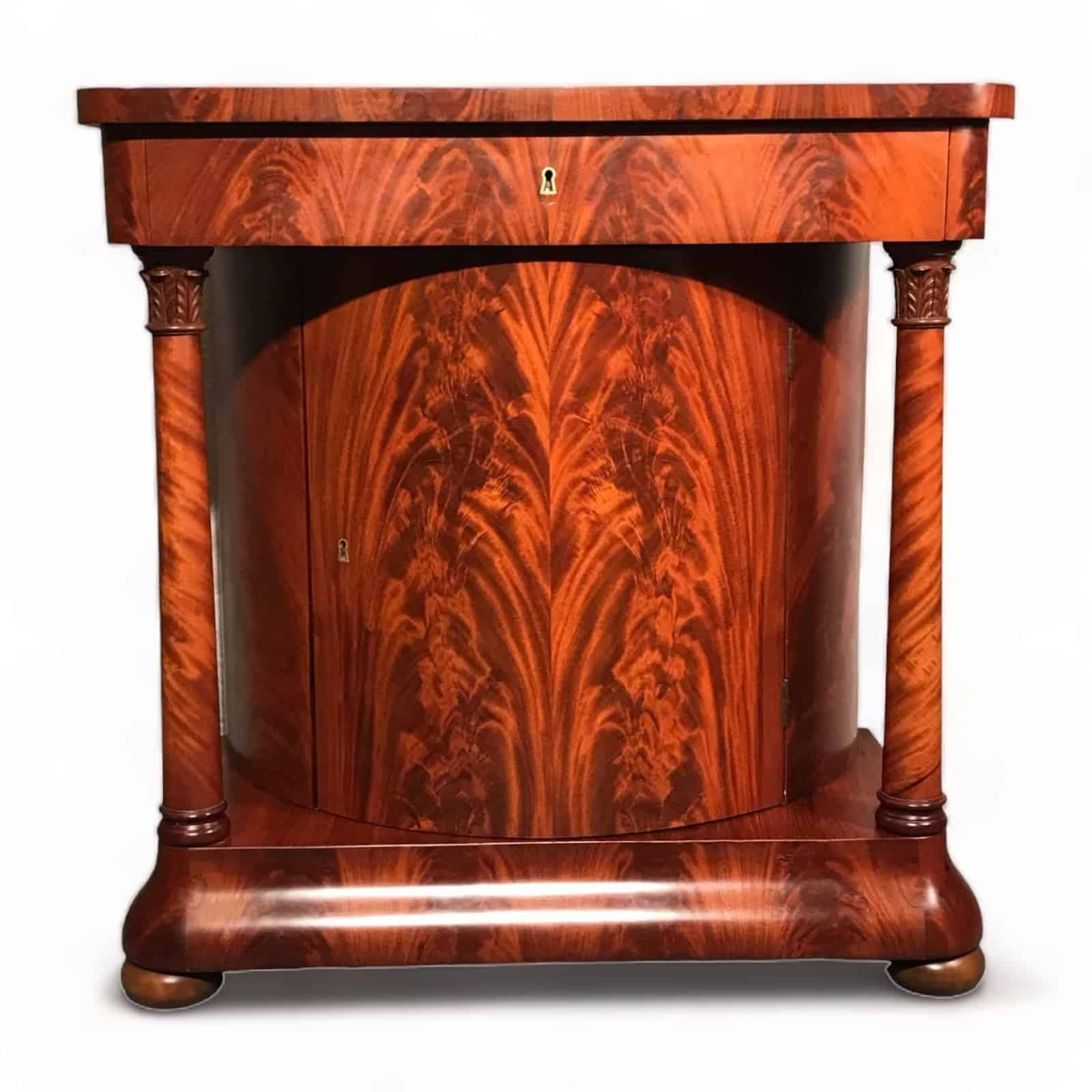
This Empire-Style console cabinet has a central drawer in the upper part. Below that is a central door which is flanked by two columns, and stands on a slightly protruding base. The console has a gorgeous mahogany veneer on front, sides and top. You can find it today on Styylish.
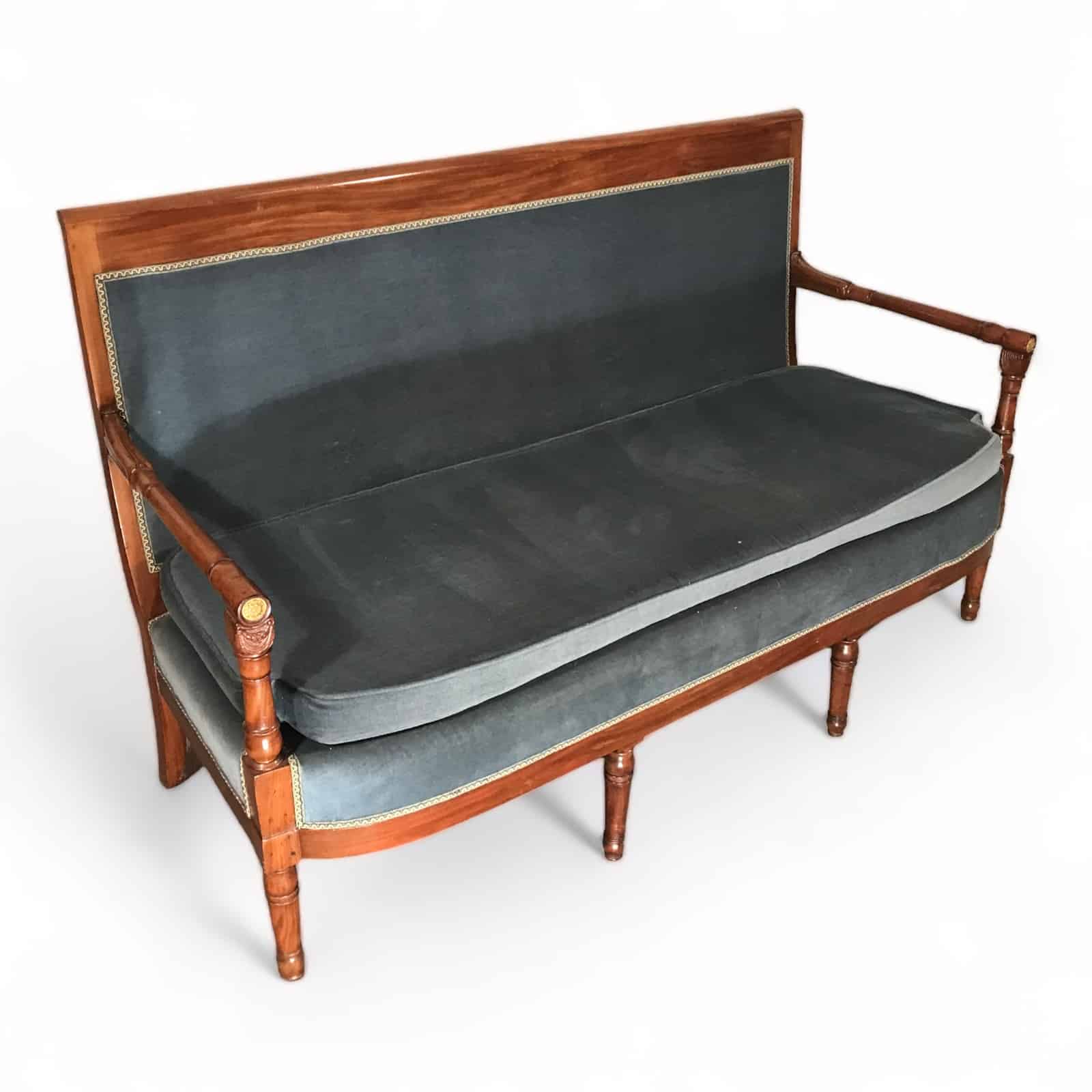
The hand-carved decor gracing the armrests is a masterpiece in itself, showcasing intricate craftsmanship that captures the essence of the Empire style. Adorning the front of the armrests is a gilded rosette detail, adding a touch of sophistication to the overall aesthetic. The upholstery of the sofa is a blue velvet fabric. The deep, rich hue of the velvet complements the mahogany frame, creating a harmonious blend of textures and colors.
Historically, the Empire period unfolded against the backdrop of the Napoleonic Wars and the expansion of the French Empire. The designs reflected Napoleon’s desire to evoke a sense of power and authority reminiscent of ancient empires.
Restoration Elegance: Early to Mid-19th Century
The Restoration period in the early to mid-19th century saw a return to classicism and a renewed appreciation for craftsmanship. Furniture designs became more restrained, drawing inspiration from earlier styles while incorporating subtle innovations. Mahogany and rosewood remained popular choices, and the saber leg became a recurring feature in tables and chairs.
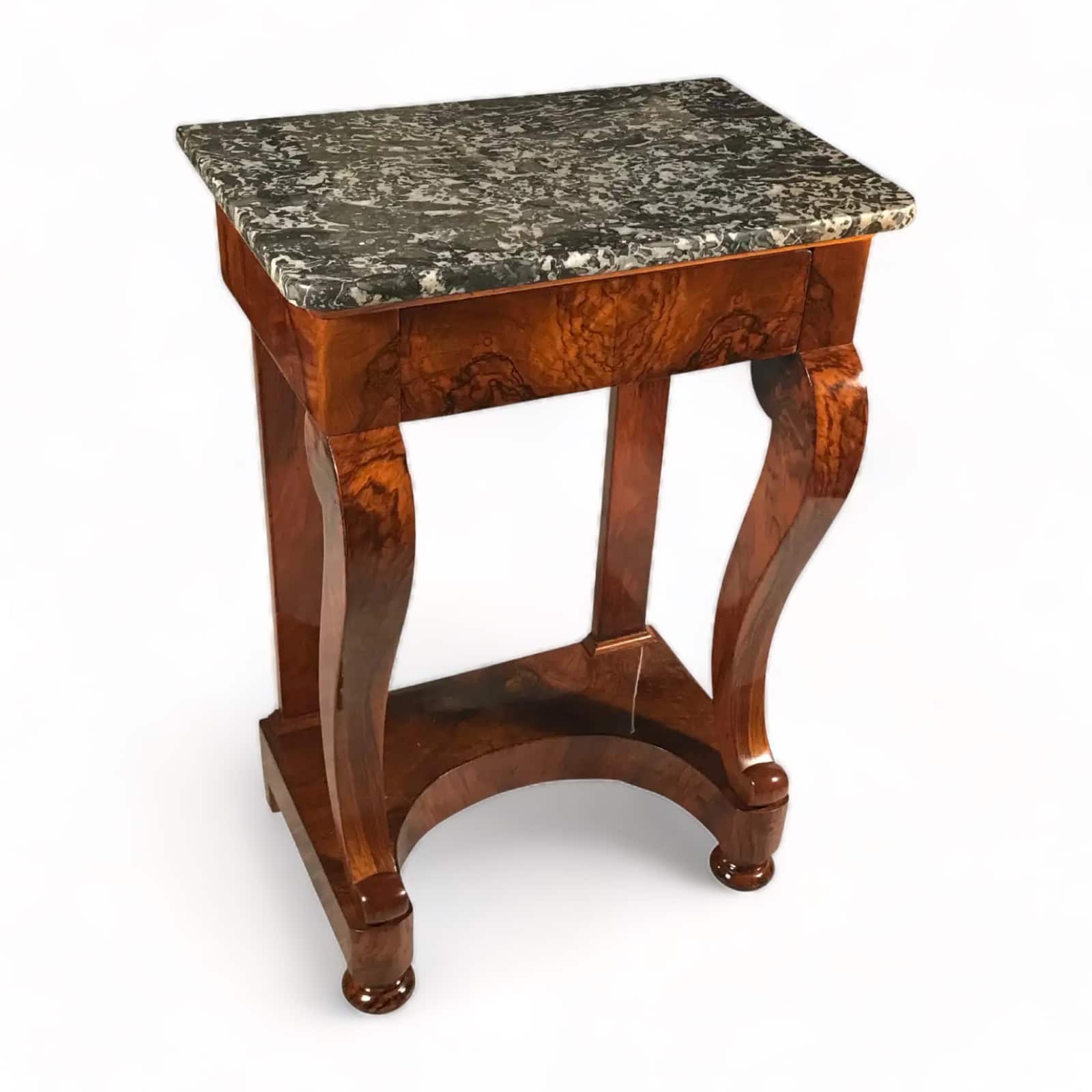
This exquisite piece is available on Styylish and features an elegant mahogany veneer and s-shaped front legs on a concave-shaped base. Topped with beautiful grey-white marble, it exudes sophistication and adds a unique charm to the console table.
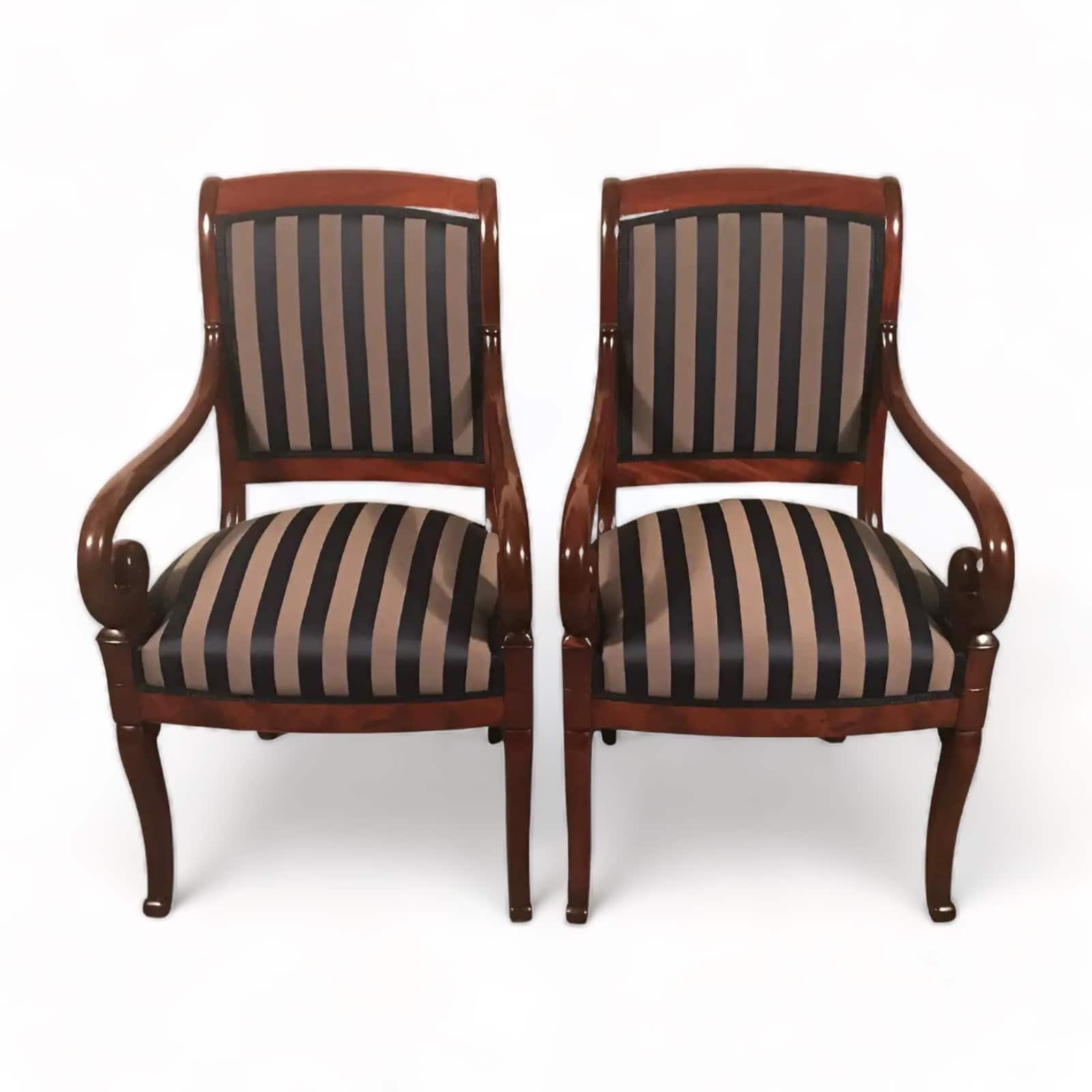
The elegant chairs can be found on Styylish. They have a gorgeous mahogany veneer and beautifully carved details, and feature a gorgeous JAB Anstoetz fabric.
The historical context of the Restoration period was characterized by the Bourbon monarchy’s return to power after the fall of Napoleon. The desire to restore a sense of stability and continuity was reflected in the more restrained and classical designs of furniture.
Art Nouveau Innovation: Late 19th Century
As the 19th century progressed, the Art Nouveau movement emerged, bringing a departure from traditional forms. Characterized by organic shapes, flowing lines, and intricate detailing inspired by nature, Art Nouveau furniture introduced a sense of fluidity and innovation. Tables with sinuous curves and asymmetrical designs became prominent. Chairs featured elaborate carvings and often incorporated new materials such as wrought iron and stained glass.
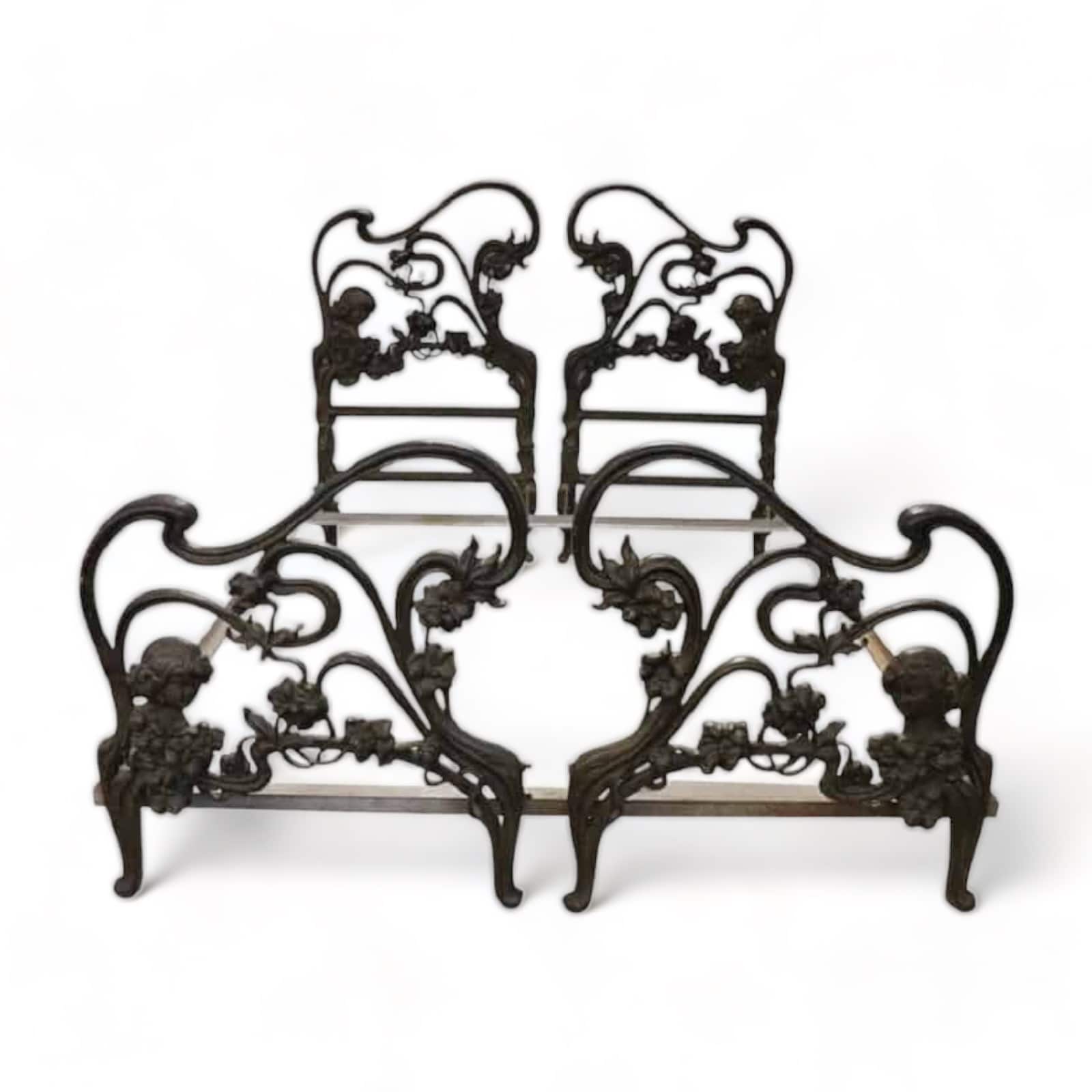
This incredibly rare French Art Nouveau double bed is from the end of the 19th century. It is completely made of hand forged cast iron by skilled craftsmen, with wavy lines and the refined decorations with flowers and women’s faces.
Historically, the late 19th century was a time of industrialization, urbanization, and cultural change. The Art Nouveau movement represented a reaction against the perceived rigidity of 19th-century academic art, embracing a more individualistic and avant-garde approach.
French Furniture, From Then To Now
French antique furniture styles offer a captivating journey through history, seamlessly weaving together the artistic evolution of each era with the socio-political context of the time. From the medieval period to the 19th century, French antique furniture styles not only reflect changing tastes and aesthetics but also mirror the dynamic historical landscape of France. The enduring allure of these pieces lies in their ability to transcend time, serving as both functional pieces and timeless works of art that continue to captivate admirers worldwide.

